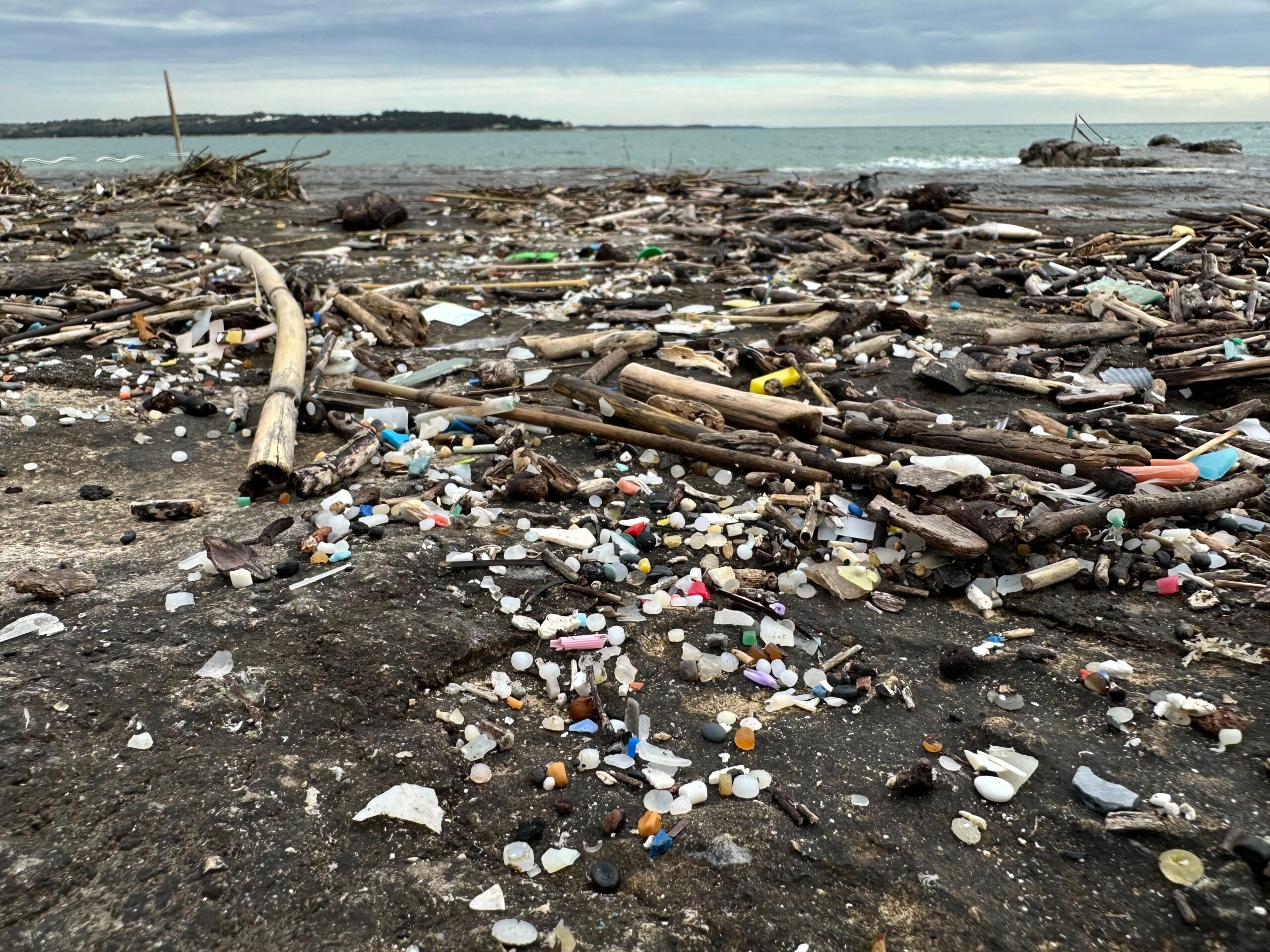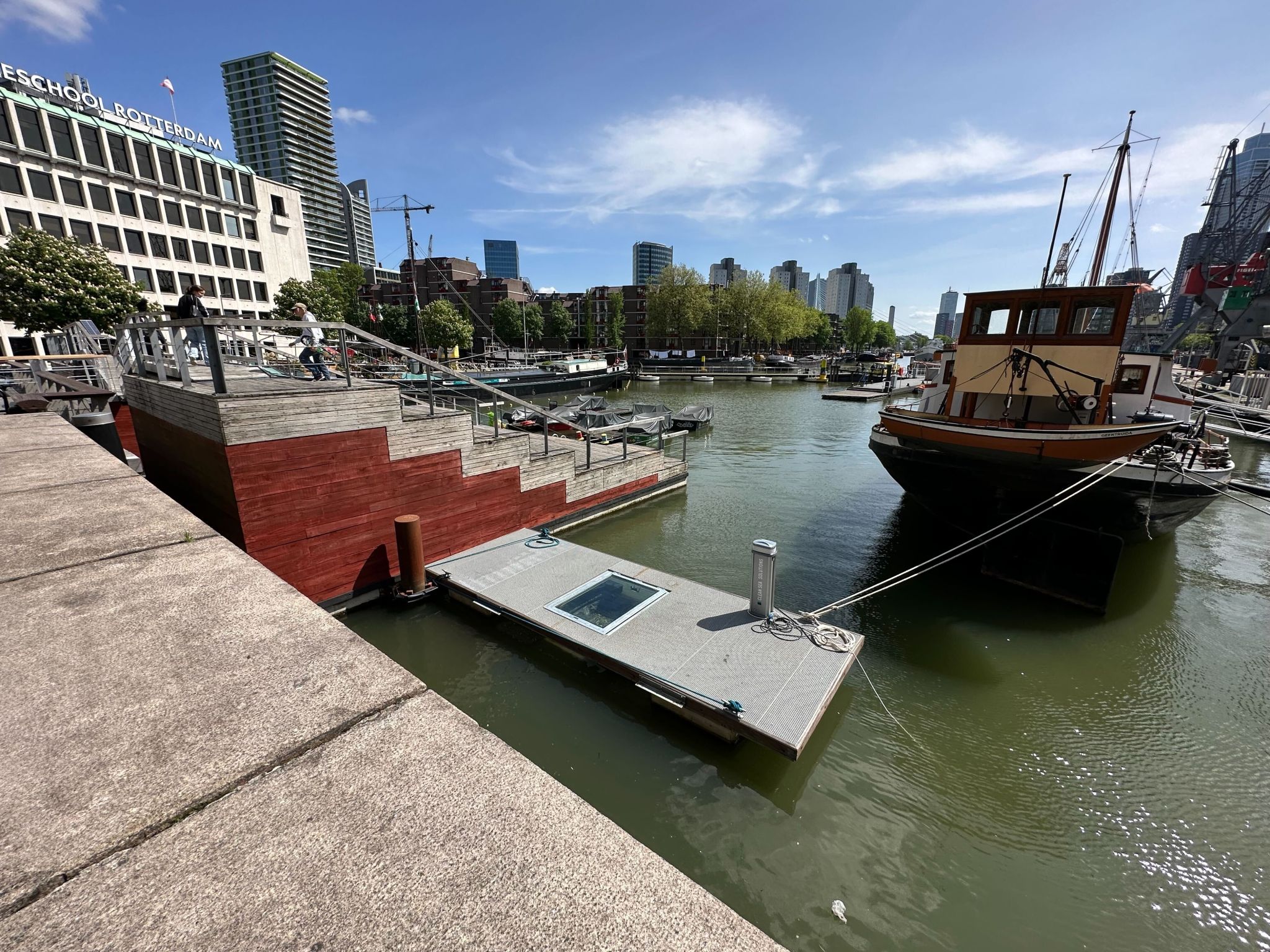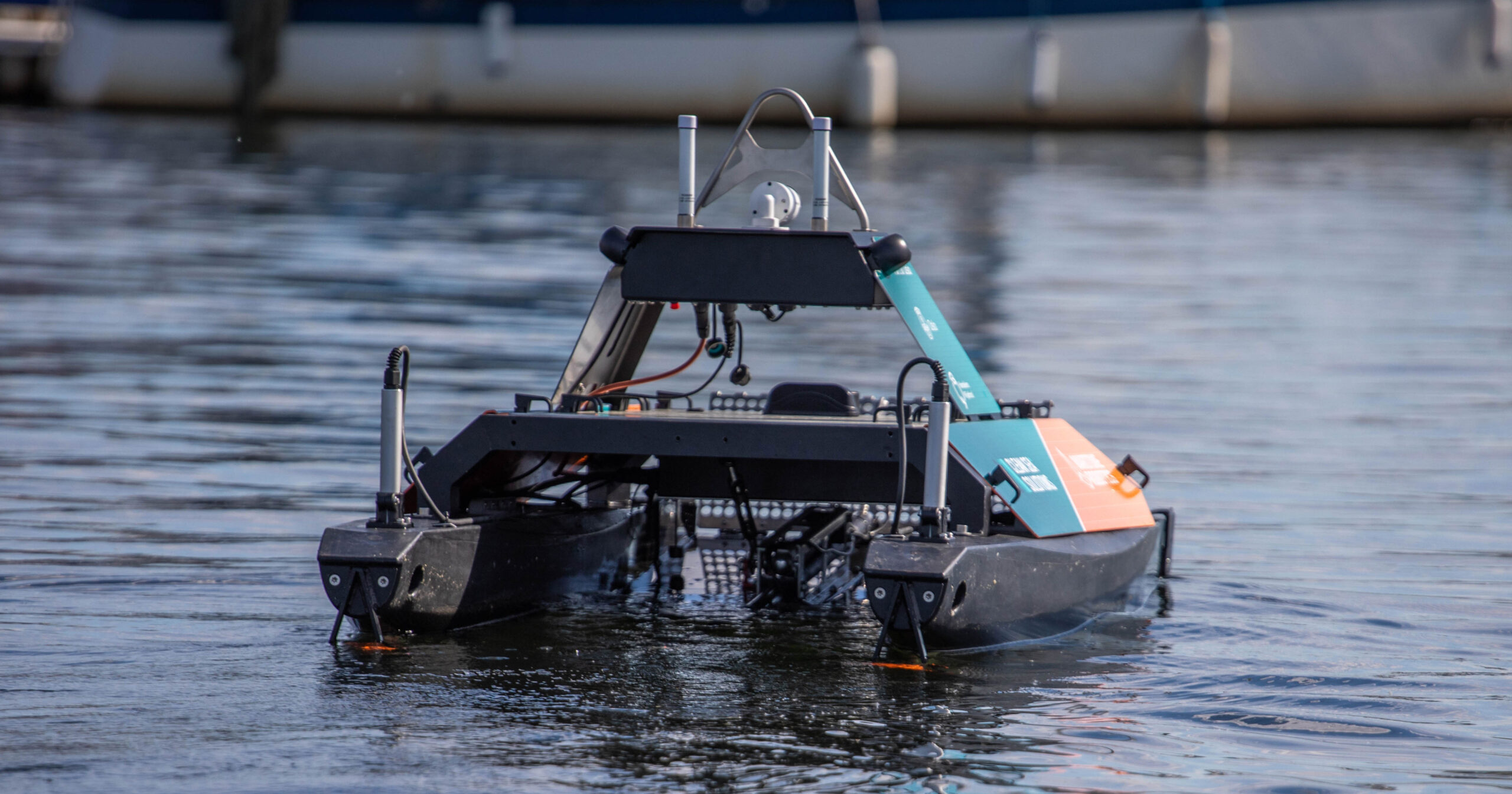Clean Sea Solutions, a Norwegian startup that is an example of how strengthening Clean Tech is essential for sustainable economic growth.
The United Nations (UN) has identified marine pollution as the world’s fastest-growing environmental challenge. An estimated 4.8 to 12.7 million tons of plastic waste infiltrate the oceans annually, equivalent to a truckload every minute throughout the year. Once in the seas, up to 94 percent sinks to the seabed, breaking down into micro-plastic particles over time.
At the same time, oceans are a great ource of income, either for tourism or for port exports. It is not a coincidence that an increasing number of startups are coming under the umbrella of “clean tech” to respond to the environmental needs of our century, including “climate tech”, specialized in mitigating climate change, or “bluetech”.
The European Commission’s Blue Invest fund defines this technology as those “activities, technologies and infrastructures related to the collection, simulation and prediction of ocean data“.
Today, we want to expose this problematic and share with you the case of a startup that is to mitigate this problem. Overall, we will finish explaining why Clean tech startups are essential for sustainable economic growth.

An industrial problem in Rotterdam, an industrial problem in Europe
The Port of Rotterdam is the largest port in Europe. Its more than 42 kilometers of extension add up to a total surface area of 105 square kilometers, which accommodate more than 8.9 million containers each year. In total, 468.7 million tons of goods are loaded and unloaded at this iconic location every year. Practically, the Port of Rotterdam is a city inside the city of Rotterdam.
All this adds up to a huge economic contribution. An study conducted by the University of Rotterdam founded that in 2018 the port contributed 6.2% to GDP, including the direct and indirect value generated. Its value is also fundamental for the entire European Union, as goods from all countries are imported and exported from there.
This production is inevitably accompanied by a number of negative externalities. In fact, according to a study by the Transport & Environment (T&E) organization, which classifies the carbon emissions of ports, the port of Rotterdam is associated with almost 14 million tons of CO2 per year, making it the most polluting port in Europe.
The engine and the dumping of cargoes are not the only problem. Garbage accumulated in the port and in the city also ends up in the water, from where it drifts into the sea. “It’s around 1300 tons per year. Most of it is plastic, and that includes litter on these banks, in public areas, in our pipe strips, but also in the litter garbage cans, as well as in the garbage containers.” explains Monique Domsdorf, Directeur Assetmanagement bij Port of Rotterdam in an interview. In fact, only 80% of the waste we find at sea comes from land, while the remaining 20% from maritime activity.
Clean Sea Solutions is developing autonomous ways to clean waterfronts all day long in any harbor
For years, the city of Rotterdam has been leading these efforts to adapt to and mitigate climate change, especially with the collection of plastics. An example of this is the installation of an Aquapod Marina in the city center. This is an active system patented by Clean Sea Solutions that collects waste by creating a constant flow of water through the collection chamber. With this tool, it is simple to take out trash by hoisting the reusable mesh bag onto the jetty and to track and monitor what you collect with computer vision.
“We decided to move production to Netherlands, because there we found more expertise’s and client opportunities. When we contacted the Rotterdam University and asked them to try our product, they were interested right away!” mentions Matthias van Middendorp, CTO of Clean Sea Solutions. After a year of testing, they are renewing the contract, since the plastic pollution is very harsh in this area.

The Norwegian startup was born 4 years ago with the goal of increasing quality of life by empowering people to collect waterfront plastics, measure their impact, and stop new waste entering our ocean. “We are developing autonomous ways to clean waterfronts all day long in any harbor. Aquapod is our first solution, which fits under any jetty, it’s always reachable and fast to access” mentions its CTO, Matthias van Middendorp.
“Every city with an ocean or a river access with significant tourism, like Venice or Barcelona, is a suitable location”
After five years of perfecting their products under the Norwegian snow, they are now collaborating with partners around Europe. As we saw, they are already in Rotterdam, but also in Croatia under the promoter of Marservis ltd(HR) and in many cities of Norway that believe that Clean tech startups are essential for sustainable economic growth. “Every city, with either an ocean or a river with significant populations, especially if they are tourist, is a suitable location. And cities as Venice or Barcelona certainly are”, insists van Middendorp.
One of their strengths is that our product is suitable for marinas and canals areas, since it can be visible to the public. “If people can interact with our product, they can get to know about the plastic problematic and be aware of it”. That is exactly what has been doing a hotel located in Ålesund, Norway. The hotel had a private access to a marina area, which was in a corner made with rocks and got plastic polluted very easily. Since they installed Aquapod, clients have a more enjoyable experience and go away with a good impression of the hotel. “It’s a win-win operation”, sumps up the CTO.

Why S2 Xpeed supports Clean-Tech
In S2Xpeed we believed in the potential of Clean Sea Solutions, that’s why we immediately integrated them into our 2024 Program Support. In the current context, investment in cleantech and blue technology startups, those related to the maintenance of the oceans, is essential to mitigate climate change.
That’s why empowering and accelerating Clean Tech startups are essential for sustainable economic growth, since they decrease the production, transport and disposal of plastics, while contributing to the diversification of the economy and growth of industrial technology.
In 2023, investments in clean-tech technologies reached a record $1.8 trillion worldwide, according to Bloomberg NEF. This is up 17% more than the previous year! For the moment, United States and China are the countries that invest the most in those clean-tech. However, Europe is the region that has seen the largest increase, driven by a combination of political, economic and social factors, such as the war in Ukraine or the existence of regulations that favor investment in clean technology
And, of course, S2 Xpeed wants to be part of it.








